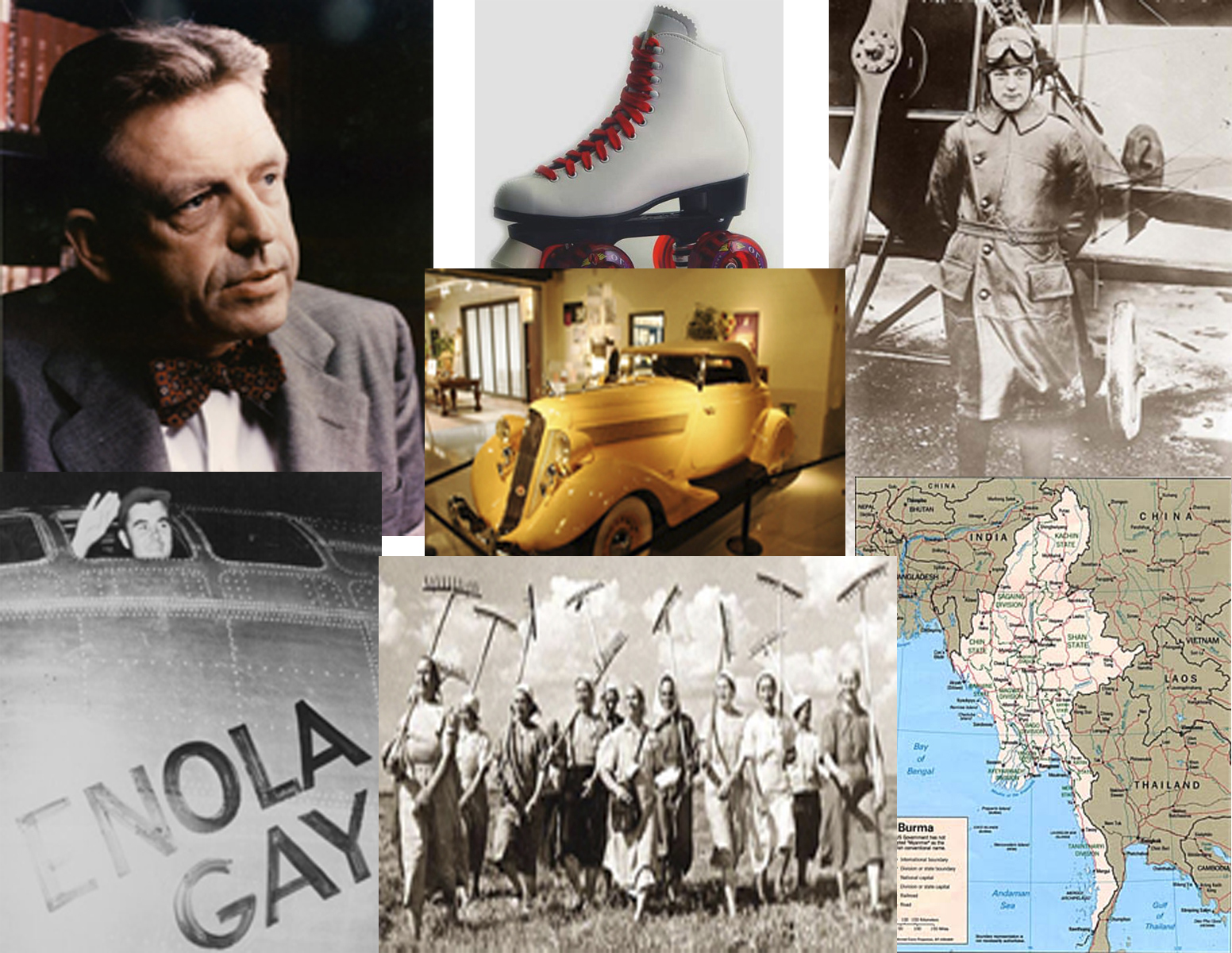1. Generations of Auto Workers: Anderson, Indiana, 1930-1982 28 Interviews
Indiana University Center for the Study of History and Memory
This project examines the impact of unionization on Guide Lamp and Delco Remy, two automobile plants in Anderson, Indiana, between the years of 1930 and 1982. It details the events of the 1937 sit-down strike at Guide Lamp and the various improvements in working conditions, wages, job security, and benefits that the United Auto Workers helped to influence at the two plants. The project highlights changes in policy towards women, minority groups, and retirees in the factory workplace, and it offers descriptions of the evolving roles of management and the union and changing relationships among workers in the two plants. Finally, the project details the history of the two plants within the community of Anderson at large, and it offers commentary on the then-current problems and challenges facing the automobile industry as a whole.

